Karl Diel chose to be a surgeon in a small Swabian locality at the edge of the Austro-Hungarian Empire - Jimbolia, although he graduated the Medical School in Budapest with the maximum grade and could practice in any European capital. He could become a craftsman in his father's workshop or the owner of the Swabian Diel family's estate, but fate chose for Karl not to be the firstborn of the house, the one who usually took over the administration of the inheritance to maintain it intact, so that his fortune would be education.
Karl Diel remained faithful all his life to the community in which he was born, becoming one of the most famous surgeons in historical Banat, whose notoriety spread well beyond Budapest, where his patients came from.
He had gained the trust of the people as a good specialist, because of the more than 50,000 interventions and surgeries, over 98 percent were completed successfully, but also because he was generous with the poor.
He worked alongside the "father" of Romanian neurosurgery, Dr. Bagdasar, married the daughter of the Vienna Court physician, would become the father-in-law of famous academician Pius Branzeu, whom he treated when a child, but he felt best in the multiethnic and multicultural town of Jimbolia, where four languages were spoken: Romanian, German, Hungarian, and Serbian, and where he lived until his death.
Museographer Cristina Dema and Sergiu Dema, director of the Jimbolia House of Culture, told AGERPRES that Dr. Karl Diel was so loved and appreciated by the locals that shortly after his death they erected a monument dedicated to him in the city center and which has remained untouched to this day, and the City Hospital which he founded bears his name.
The house where the doctor was born still exists today, becoming the Dr. Karl Diel Memorial House in Jimbolia.
"The memorial house of Dr. Karl Diel is very important not only for Jimbolia, but for the whole of south-western Banat. Karl Diel was born in Jimbolia on February 14, 1855, to a Swabian family. At that time, most Jimbolians were farmers, industrialists, and craftsmen. His father was a craftsman and had a clothes dyeing shop. Karl was the fifth child in the family, which was a good thing for him because the family was focused on sending him to school. In a family of farmers, by custom, the Swabians had their firstborn receive the family inheritance, the agricultural land, which they did not want to share. So did the craftsmen; had he been the firstborn of the family, he would have become a fabric dyer. As such, he was sent to school, studied medicine in Budapest with famous professors at the time, with one of them being named the 'father' of Hungarian orthopedics, who greatly appreciated Diel and offered him a leadership position at the hospital in Budapest, considering him his right hand. However, Diel resolutely decides to return to Jimbolia, a town where there was no hospital. Everyone was wondering why such a talented man, with a seemingly illustrious future in Hungary and maybe even in the whole of Austria-Hungary, gives up this perspective and comes to accept a huge challenge in a locality without a hospital," says Sergiu Dema.
Museographer Cristina Dema reports that, according to local legends, for 10 years, the doctor performed surgeries in his own home or in those of his patients. There was a kind of dispensary at Jimbolia that had four or five beds in case of an emergency, but there was an acute need to build a hospital.
"Dr. Diel decides that a developing town, especially an industrial one, needs a hospital. As the house physician of nobleman Andrei Csekonics (who raised horses for the imperial army), Diel takes advantage of this relationship and sensitizes Count Csekonics to the establishment of the future hospital. The surgeon also had a favorable context for the construction of the hospital: in 1896, the Hungarians were to to celebrate 1,000 years since their arrival in the Pannonian Plain. On the occasion of this great holiday, generically called the Millennium, it is said that the Hungarians wanted to build county hospitals in various counties in Hungary, and Jimbolia was then located in Torontal county. Diel intercedes with the count so that the latter can further intervene, in his turn, so that not just one county hospital be built in Torontal county, but several smaller hospitals with the same funds, and thus, the Jimbolia hospital is opened in 1896, which has been uninterruptedly functioning to this day. Starting from Diel's idea, in addition to the Jimbolia hospital, two more were built in the county. According to a statistic that I found in a newspaper of the time, in the first 10 years of operation of the hospital, the success rate of the interventions made here was over 98 precent," reminds the museographer.
Doctor Karl Diel was seen as an extremely severe man, but a very good specialist and philanthropist with those in need. It is said that he once performed the same operation on a rich man and a poor man, but the poor man's bill was more symbolic. Then the wealthy patient, outraged, asked the doctor why he had been charged so much, and the poor man almost nothing. Diel simply replied to the rich man: 'Because you have, and he does not.'
''In the village of Comlosu Mare near Jimbolia, there was a Greek Catholic priest, Branzeu, who is related to the family of academician Pius Branzeu. A nephew of the priest falls ill, and Diel cures him. After a while, the priest writes to Diel to tell him what fee he has to pay, and Diel replies that both the priests and the doctors are meant to save people, and so there should be no charge between them when one needs the other and render services to one another. The Diel family will cross paths with the family of that priest, Branzeu, whose nephew he saved and thus his name is linked to the family of academician Pius Branzeu and of his daughter, Pia Branzeu, philologist, university teacher, now retired. She was the one who donated all the materials that are in the Dr. Karl Diel Memorial House today. Pius Branzeu was his son-in-law. Diel becomes well known throughout the historical Banat. In a letter from a person coming from Budapest to Jimbolia by train, she mentions that in the compartment she was traveling there was a family from beyond the Hungarian capital, who was coming to Jimbolia, to doctor Diel, for treatment," details Sergiu Dema.
During World War I, Diel and another physician in Jimbolia were the coordinators of field hospitals in town, the unit in Jimbolia did not have enough beds to care for war wounded, and makeshift hospitals were built in various parts of the city. The two physicians manage the hospitals extraordinarily, assisted, as nurses, and by the nuns of a Roman Catholic order from the monastery-school that operated here.
After the first world conflagration, Jimbolia does not become directly part of the Kingdom of Romania after belonging to the Austro-Hungarian Empire, but part of the Kingdom of Serbs, Croats, and Slovenes. Only in 1924 did the city return to the Romanian side, but regardless of the political administration, Diel kept his Hippocratic Oath, and King Ferdinand of Romania decorated him with the Order of the Star of Romania in the rank of Commander.
"Diel did not have any political or ethnical affinities, he was very open, he was a doctor. For three years he has been practicing in Jimbolia alongside Dr. Bagdasar, the one who became the father of Romanian neurosurgery. Diel died in 1930, but he was so loved by the community and his colleagues, that they opened a fund in order to raise a bronze statue in his honor. The statue was unveiled in 1940, 10 years after Diel passed away, despite being finished long before. The communists did not touch it, neither to demolish it, nor to melt it during the Second World War," the Dema couple say.
An unfortunate event in Karl Diel's career allows us discover a character trait of his. Karl had a friend who was a widower, with a little girl, that came to him with abdominal pains. After a consultation, he schedules him for surgery for the next day in the hospital. The man died overnight, and Diel had remorse and decided to adopt the man's daughter, but the girls' remote relatives, who were pretty poor, did not accept, considering that if five children can eat at a table, a sixth could also eat. But Diel was ready to adopt her.
The Diel family was middle-class, wealthy, living in a somewhat opulence, did their shopping in Budapest, back when the city belonged to the empire, had one of the first cars in the city, but not at all did he offend those around him. Diel reached down to the people, being loved by his peers.
The Karl Diel Memorial House was opened in 2000, housing objects that belonged to the family over time, not just Dr. Karl, but his son Ludwig, and the medicine in Banat during the period of 1900-1944.
"The Karl Diel Memorial House has a chronological journey, in the first room we can see a few photos with the surgeon's parents, a family tree of the Diel family, photos with Karl from various periods of his life, diverses objects, collars or other fabrics, all with monograms, diplomas he received, the decoration received from King Ferdinand. Painter Stefan Jager made a portrait of Karl Diel, and a sketch of this portrait is in the Memorial House, the original painting being in another collection. Here we can find various certificates of membership. Jimbolia had a different fate from other cities in Romania, went through various administrations and, for each new administration, Dr. Diel and those that worked in a certain field needed to make a certificate of membership that would attest that they had a certain occupation and that they were entitled to do that. We can see a receipt of costs for Karl Diel's funeral, gala dresses that belonged to the women in the family. One room is specially arranged, serving as an invitation to a dinner at the beginning of the 20th century. Medical instruments, books that he studied are displayed. What is striking is that only women's pathology alone was described in 15 tomes, and Dr. Diel needed to know everything that was written there, because at that time, surgery was not divided into specialties, as it is today, and Karl needed to know to operate any pathology, from a simple abscess to interventions to the skull," Cristina Dema explains.
The wife of Dr Diel was a noblewoman, the daughter of the Imperial Court's doctor in Vienna, Aloysia Gombocz Bayer de Rogacs, who Karl knew when she was working in hospitals in Budapest and Innsbruck. He arrived with her at Jimbolia and got married here. They had three children: Ludwig, Luiza and Carla, the former becoming the wife of Pius Brinzeu.
Ludwig Diel became a renowned doctor in Timisoara, where he opened, at the end of the 1920's, along with doctor Josephi and doctor Miletics, the Banat Sanatorium on the nowadays Alexandru Odobescu streeet. At the end of the Second World War, the building was nationalized, currently being used as an edifice for the Dr. Dumitru Popescu Obstetrics-Gynecology Clinical Hospital.
Ludwig's family moves to Timisoara in the inter-war period, and his house in Jimbolia disappears, especially after the arrival of communists. Karl Diel left his house as an inheritance to the hospital, being used as a warehouse hospital, and in the year 2000 only a part of it became a memorial house, the other part remains as a warehouse for documents and rented to hospital employees. Today, those documents no longer exist, so that the memorial house extended during the years of 2020-2021. Diel lived there until 1930, and next to his house, one of his daughters, Luiza, who lived until the 1950's.
Karl Diel, Jimbolia surgeon devoted to community in which he was born
Articole Similare

5
ANM: Thermal alternations during next two weeks; precipitation, almost throughout the entire interval
5

6
Euro trades at 5.0905 RON
6

7
Bucharest Stock Exchange opens Monday's session in the green
7
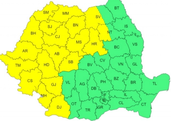
7
INHGA: Yellow flood warning on rivers in nine counties until Tuesday at midnight
7
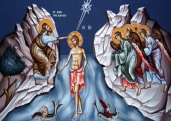
5
Epiphany between sacred and profane: priests bless homes while girls "speak" to waters
5

10
IGI - actions in cold season: Over 190 foreigners detected in illegal situations; 120 sanctions applied
10
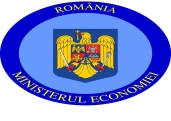
15
EconMin: Romania can be proud of high-quality products for aerospace industry, created by major manufacturers
15

20
Number of train passengers down by 8.8% in the first nine months of 2025 (INS)
20

10
Salvamont: 97 people rescued from the mountains in the past 24 hours
10
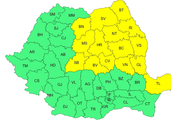
26
Yellow code for rain, sleet and snowfall in most parts of country, starting Monday morning
26
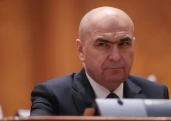
12
PM Bolojan says investments should be finalised so there is cheaper, sufficient energy
12
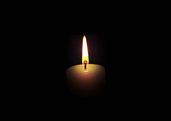
20
President Nicusor Dan conveys condolences to the family of Romanian who died in the Crans-Montana fire
20

36
Poiana Brasov ski season kicks off
36

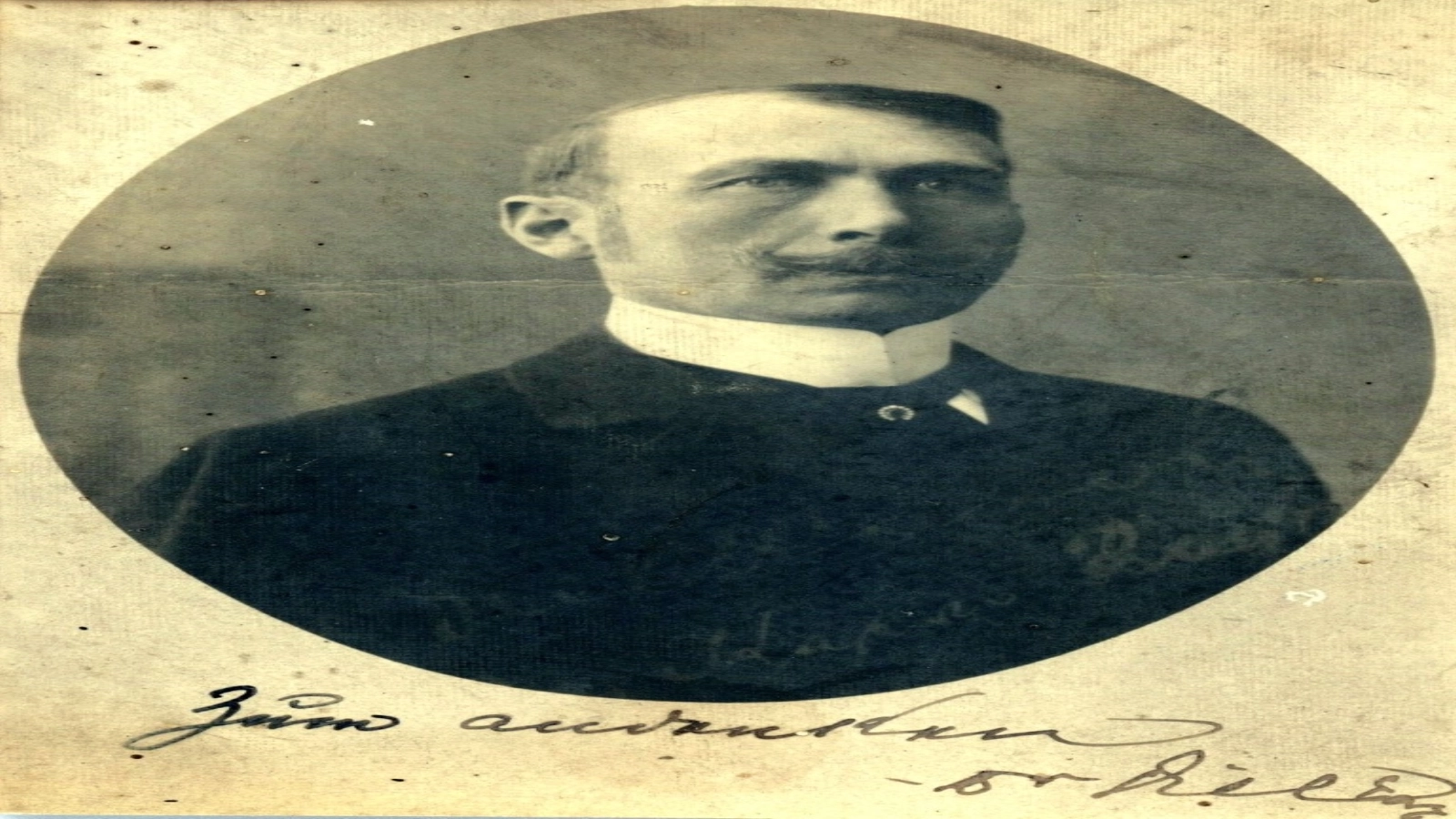







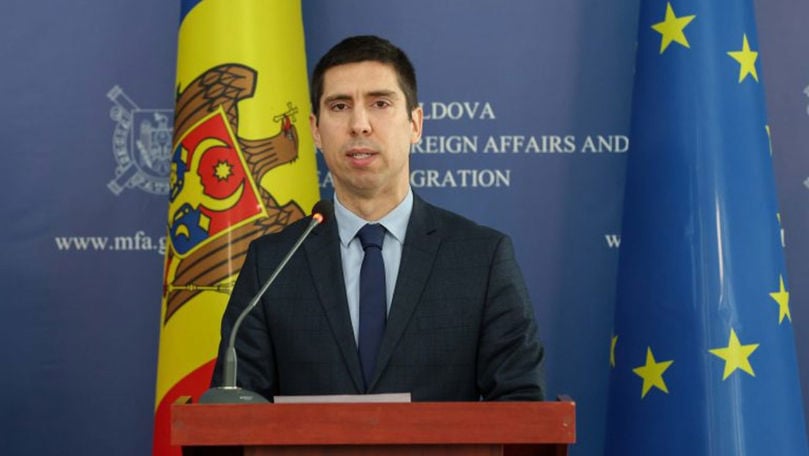
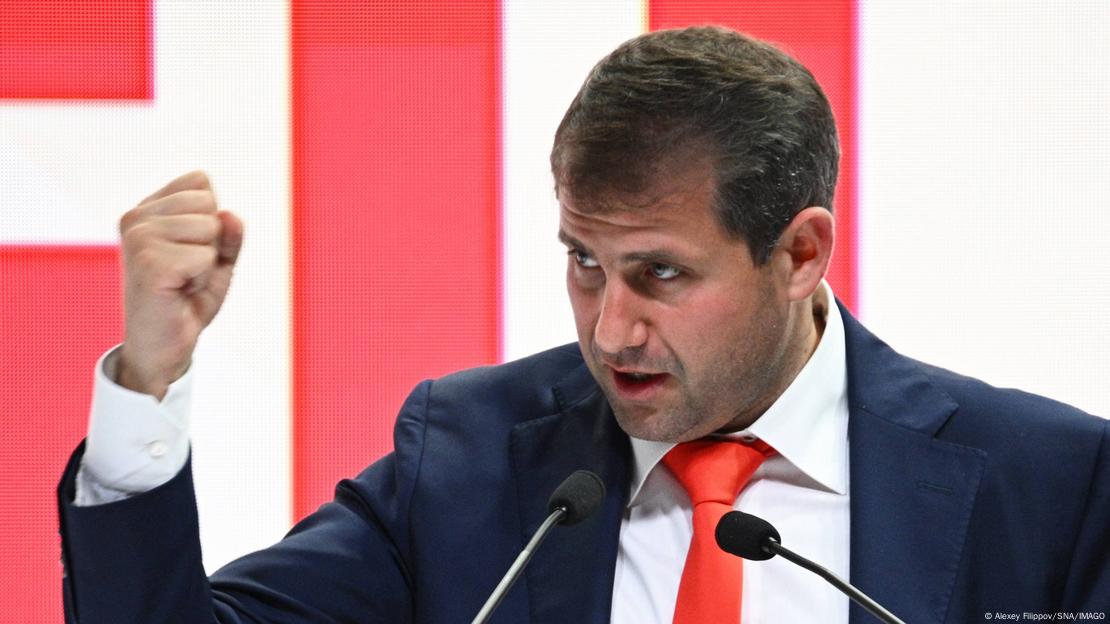








Comentează